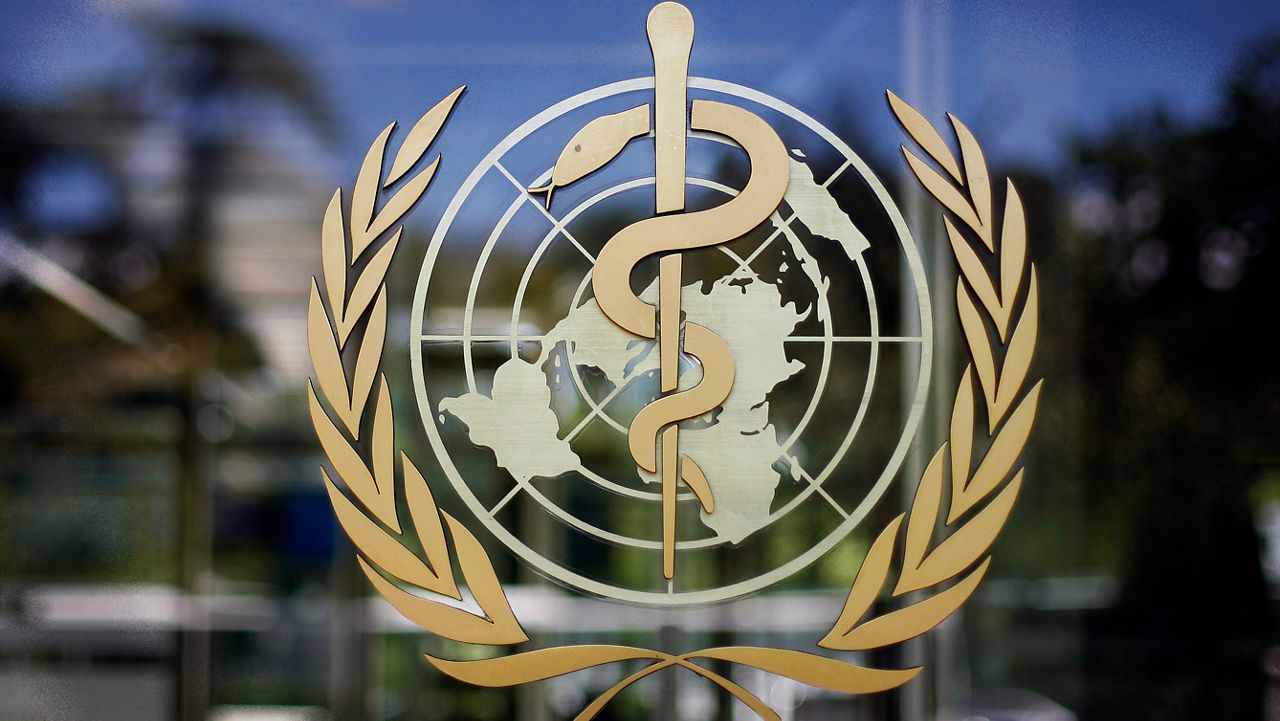World
GOP opposition grows to pandemic treaty ahead of final negotiations

WASHINGTON, D.C. — Republican opposition is growing to the U.S. joining the world’s first pandemic treaty, a proposed legally binding agreement designed to prevent, prepare for and respond to future global pandemics. The opposition comes as U.S. negotiators prepare to work out a final draft of the agreement next week at the World Health Assembly in Geneva, Switzerland.
What You Need To Know
- U.S. negotiators are working on the world’s first pandemic treaty to help prevent, prepare for and respond to future global pandemics
- Republicans have criticized the treaty, saying it would require too much of the U.S.
- Judiciary Committee Jim Jordan sent a letter to Secretary of State Antony Blinken requesting information on treaty negotiations
The World Health Organization (WHO) and its 194 member nations have spent more than two years working on an international treaty to address an unknown future pathogen, known as “Disease X.”
Under the treaty, signatories would set up national, regional and global networks to share information on viruses of concern, including the genomic information of those viruses. There would also be a plan to distribute vaccines and medicines quickly and equitably.
Congressional Republicans, however, have spoken out against the treaty. House Republicans held a press conference in February to argue that the agreement would require too much from the U.S. Senate Republicans signed a public letter on May 2 saying the agreement would grant greater authority to the “dysfunctional” WHO.
The House Judiciary Committee released a report May 1 alleging that during the COVID-19 pandemic, the U.S. government pushed large tech companies to censor online information.
Jordan said he was concerned the pandemic treaty would encourage further censorship because the latest draft language, released in March, calls for countries to “cooperate, in accordance with national law, in preventing misinformation and disinformation,” rather than only promoting accurate information.
WHO officials have said the language in no way leads to censorship.
“The second major barrier is the litany of lies and conspiracy theories about the agreement,” WHO Director-General Dr. Tedros Adhanom Ghebreyesus at the World Governments Summit in February. “These claims are utterly, completely, categorically false.”
Jordan sent a letter to the Secretary of State Antony Blinken last Friday requesting information on its treaty negotiations. It follows a letter sent in April 2023 requesting documents and communications regarding pandemic misinformation.
Jordan said if the information doesn’t arrive by its May 31 deadline, he would consider issuing a subpoena to Blinken, a tactic he said he had used 98 times as Judiciary Committee Chair.
“It’s probably more subpoenas than the rest of Congress combined, not that that measures success. I’m not saying that. I’m just saying we’re going to use whatever means we can to try to get the information to enforce the law, to do the oversight and so the American people understand what’s going on,” Jordan said.
It’s unclear if the investigation will affect pandemic treaty negotiations.
The State Department released an update in March that it was continuing to work toward a final agreement by the start of the World Health Assembly in late May. It now appears the deadline will not be met due to disagreements between countries.
The disagreements are largely unrelated to Jordan’s concerns, but rather focused on how much information countries should share and how many vaccines wealthier countries should send to poorer countries.










